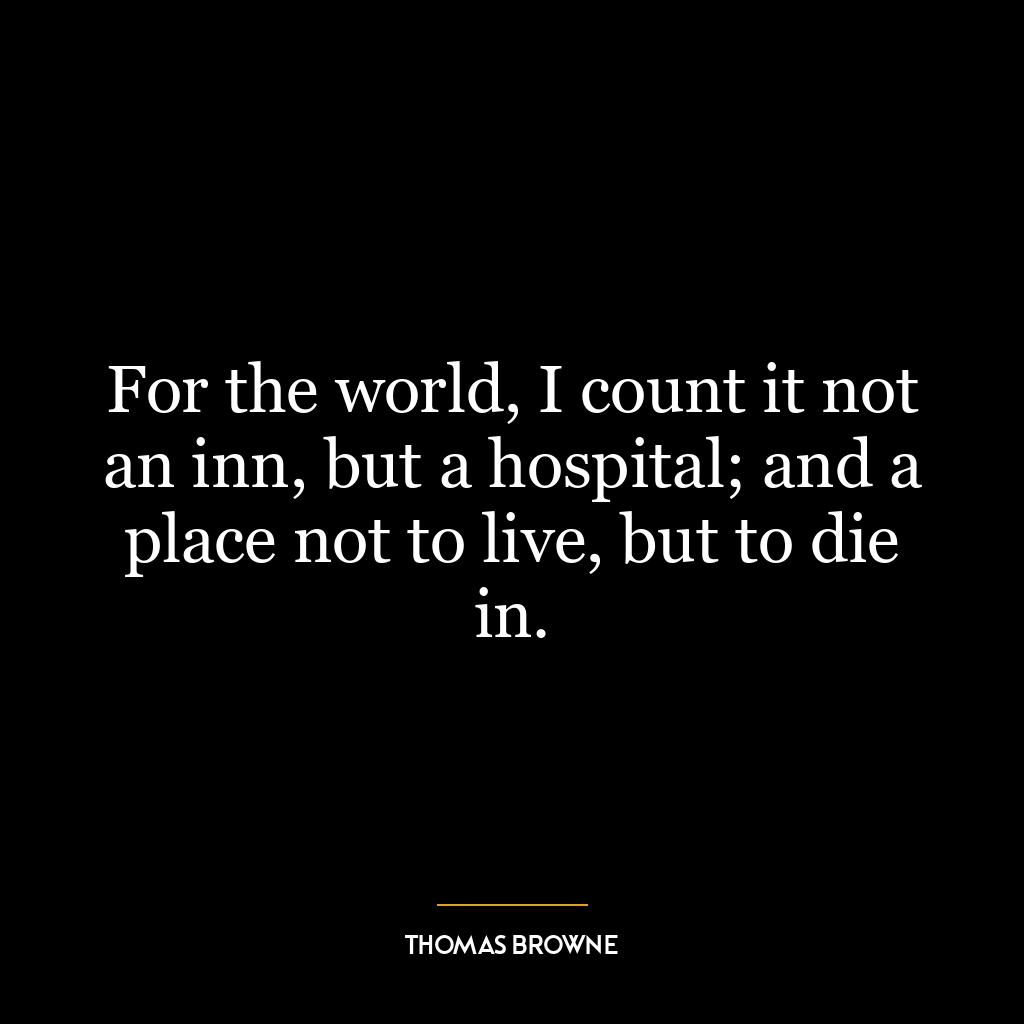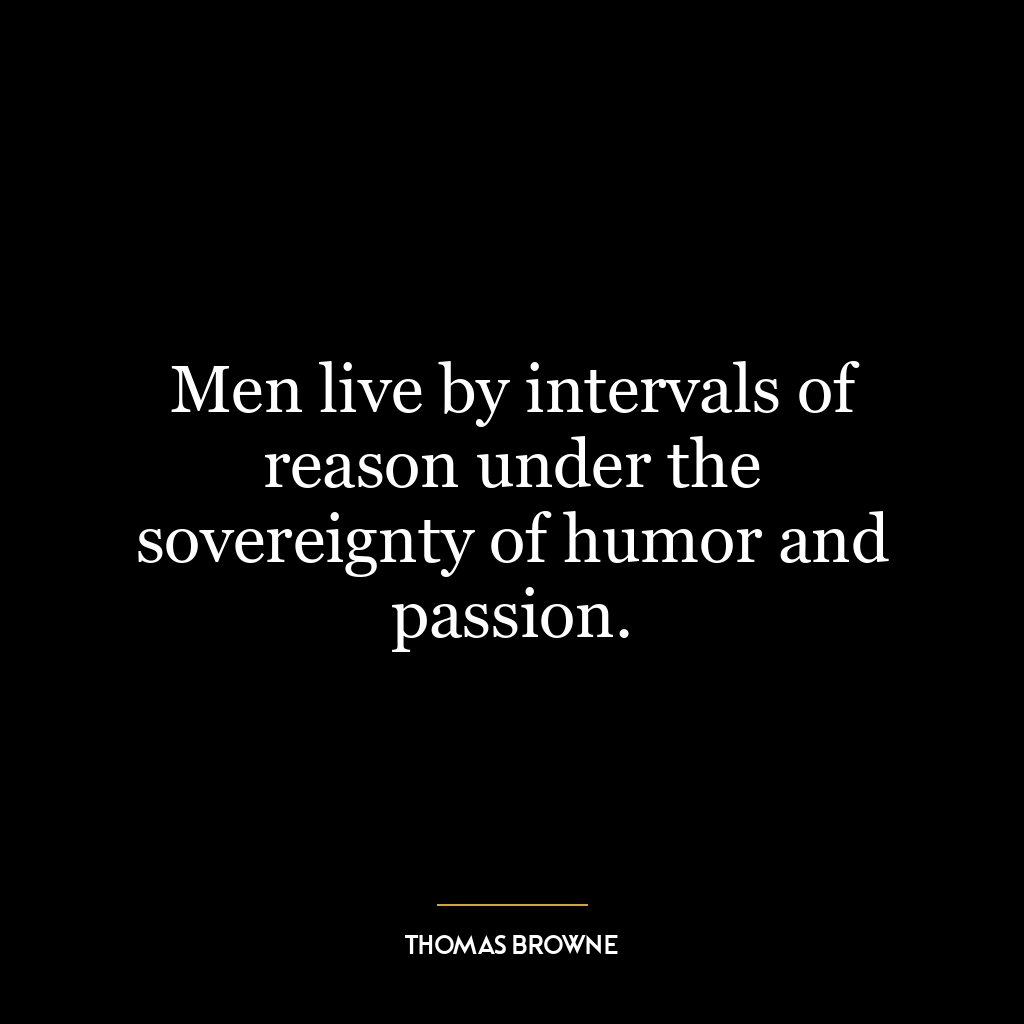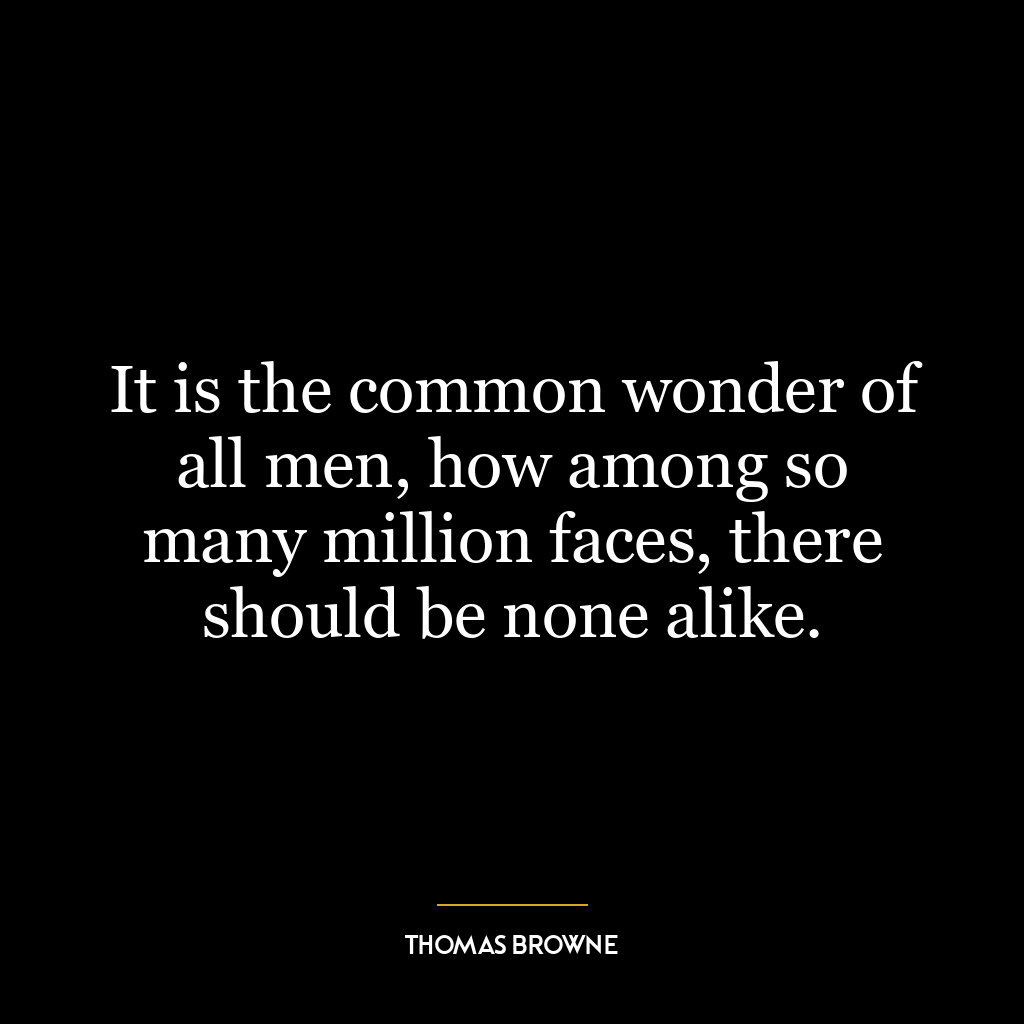Thomas Browne Quotes
- Physician
- England
- 1605
Thomas Browne (1605-1682) was an English physician, philosopher, and author known for his contributions to literature and science during the 17th century. He was born in London and received his education at Oxford University, where he studied medicine and later practiced as a physician in Norwich.Br…Read More
Thomas Browne (1605-1682) was an English physician, philosopher, and author known for his contributions to literature and science during the 17th century. He was born in London and received his education at Oxford University, where he studied medicine and later practiced as a physician in Norwich.Browne’s most notable works include “Religio Medici” (The Religion of a Physician), a personal and philosophical exploration of faith and science, and “Pseudodoxia Epidemica” (Vulgar Errors), a scientific treatise debunking popular misconceptions and superstitions. He also wrote extensively on topics such as history, language, and natural history, and his writings were known for their eloquence and poetic style.Browne’s works were highly influential and widely read during his time, and continue to be studied and admired by scholars and readers today. He is considered one of the most important figures in English literature and a pioneer in the fields of medicine and natural history.Read Less
Thomas Browne (1605-1682) was an English physician, philosopher, and author known for his contributions to literature and science during the 17th century. He was born in London and received his education at Oxford University, where he studied medicine and later practiced as a physician in Norwich.Browne’s most notable works include “Religio Medici” (The Religion of a Physician), a personal and philosophical exploration of faith and science, and “Pseudodoxia Epidemica” (Vulgar Errors), a scientific treatise debunking popular misconceptions and superstitions. He also wrote extensively on topics such as history, language, and natural history, and his writings were known for their eloquence and poetic style.Browne’s works were highly influential and widely read during his time, and continue to be studied and admired by scholars and readers today. He is considered one of the most important figures in English literature and a pioneer in the fields of medicine and natural history.
49 Top Thomas Browne Quotes
Thomas Browne Career Highlights
- Education and Medical Practice:
- Published Works:
- Contributions to Medicine:
- Scientific Endeavors:
Browne received his education at Winchester College and Oxford University, where he studied medicine and received his Bachelor of Medicine degree in 1629. He then went on to practice medicine in various cities in England, including Oxford, Halifax, and Norwich.
Browne’s most famous work, “Religio Medici” (The Religion of a Physician), was published in 1643 and became an instant success. This work, along with his other writings, showcased his vast knowledge and unique perspectives on various subjects such as religion, science, and philosophy.
Browne made significant contributions to the field of medicine, particularly in the areas of anatomy and pathology. He was one of the first physicians to accurately describe the human appendix and its function. He also wrote extensively on the causes and treatments of various diseases, including the plague.
Browne was a keen observer of the natural world and made several scientific discoveries during his career. He was the first to document the phenomenon of “petrification,” where organic matter turns into stone over time. He also conducted experiments on the properties of light and was one of the first to use a microscope to study plant and animal tissues.
Key Contributions by Thomas Browne
- Advancement of Medical Knowledge:
- Literary Legacy:
- Influence on Philosophy and Religion:
Browne’s contributions to the field of medicine were groundbreaking and helped advance the understanding of human anatomy and diseases. His writings on the subject were widely read and used as reference material by other physicians for centuries.
Browne’s literary works, including “Religio Medici” and “Pseudodoxia Epidemica” (Vulgar Errors), were highly influential and have been praised for their eloquence and depth of thought. His writing style was a unique blend of scientific inquiry and poetic prose, making his works both informative and enjoyable to read.
Browne’s writings on religion and philosophy were ahead of their time and have had a lasting impact on these fields. He was a proponent of religious tolerance and believed in the importance of reason and critical thinking in matters of faith.
What Sets Thomas Browne Apart
- Multidisciplinary Approach:
- Independent Thinking:
- Legacy and Influence:
Browne’s wide range of interests and expertise in various fields, including medicine, science, and literature, set him apart from his contemporaries. He was able to combine his knowledge from these different disciplines to produce unique and insightful works.
Browne was known for his independent and unconventional thinking, which often challenged the prevailing beliefs of his time. He was not afraid to question established ideas and was always open to new perspectives and theories.
Browne’s contributions and writings have had a lasting impact on the fields of medicine, science, and literature. His works continue to be studied and admired by scholars and readers alike, making him a highly influential figure even centuries after his death.
Takeaways
- Browne’s career highlights and key contributions demonstrate his immense impact on the fields of medicine, science, and literature.
- His multidisciplinary approach and independent thinking set him apart from his contemporaries and continue to inspire generations of thinkers.
- Browne’s legacy and influence serve as a reminder of the importance of critical thinking, open-mindedness, and the pursuit of knowledge in shaping our understanding of the world.
































